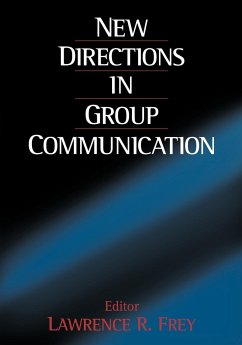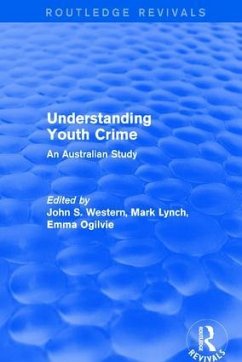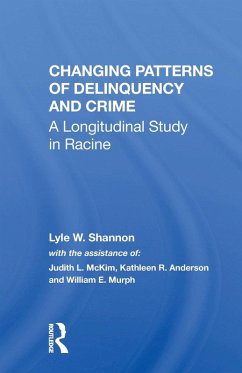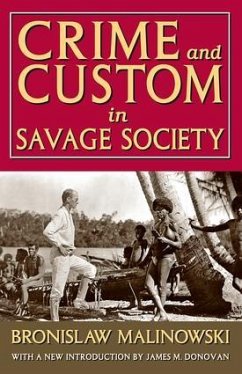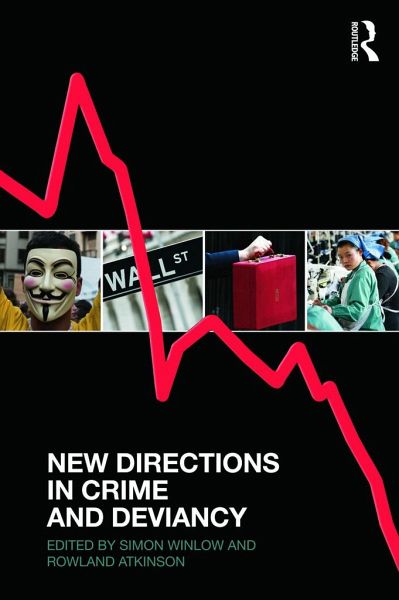
New Directions in Crime and Deviancy
Versandkostenfrei!
Versandfertig in 1-2 Wochen
53,99 €
inkl. MwSt.
Weitere Ausgaben:

PAYBACK Punkte
27 °P sammeln!
This collection presents the best new voices in crime and deviance and offers bold new theoretical and empirical directions; it represents the best thinking in contemporary critical criminology and stands to become a landmark text.






